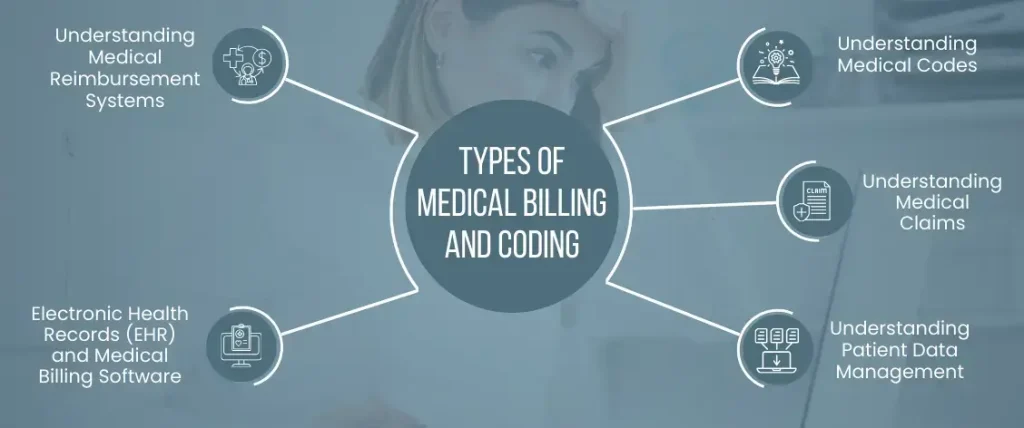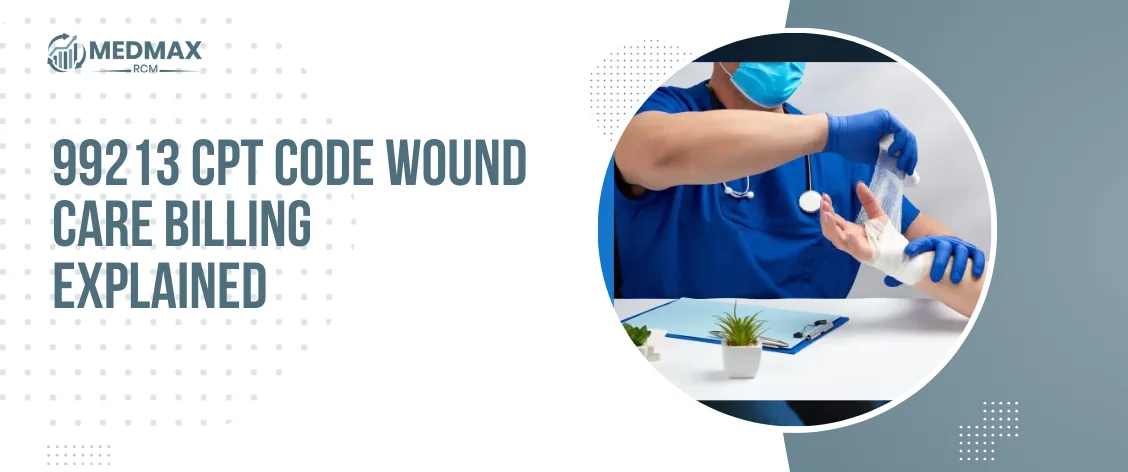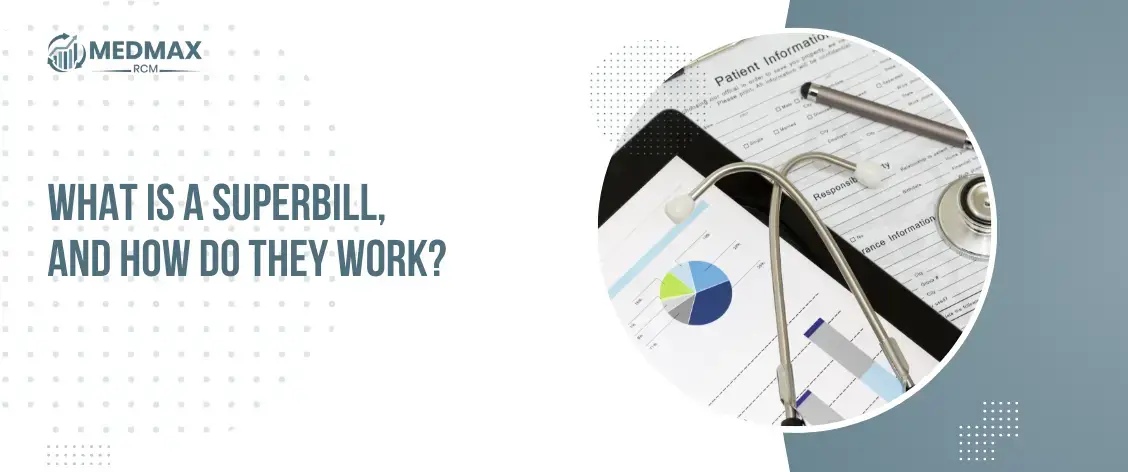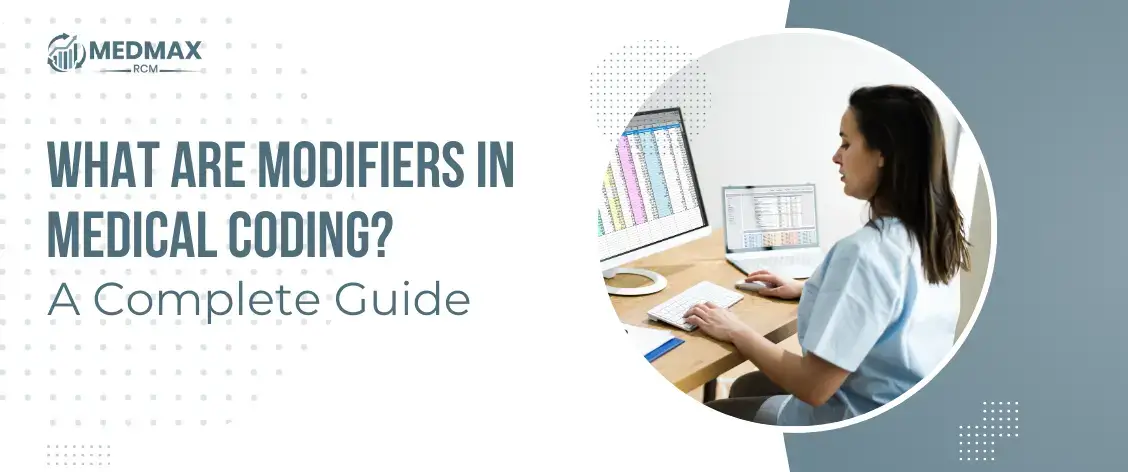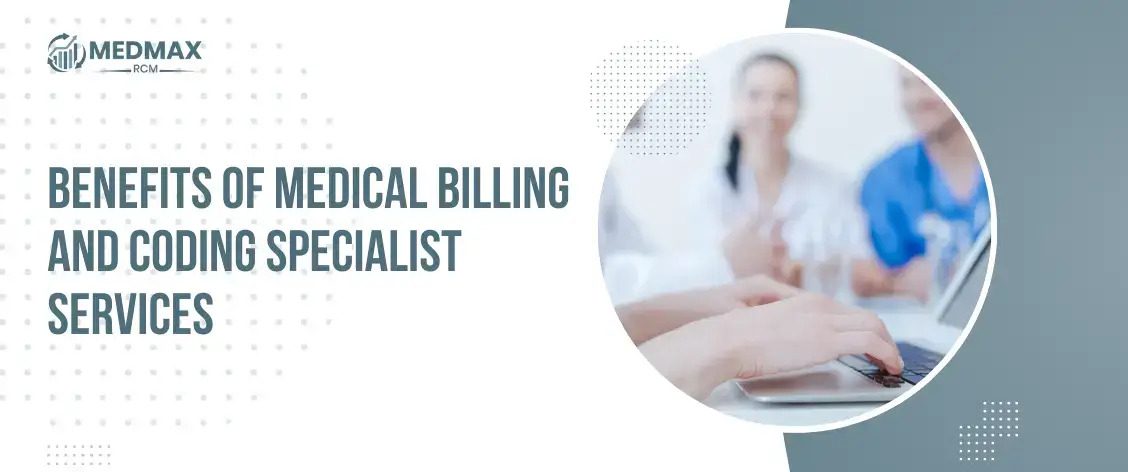
Benefits of Medical Billing and Coding Specialist Services
Table of Contents
ToggleIntroduction to Medical Billing and Coding
Medical billing and coding specialists play a crucial role in the healthcare industry. They are responsible for translating medical procedures into codes and billing insurance companies for payment. This process requires an in-depth knowledge of medical terminology, anatomy, and reimbursement. In this blog post, we’ll dive into the world of medical billing and coding and explore the various aspects of this exciting field.
Understanding the Medical Terminology and Anatomy
Medical billing specialists must have a solid understanding of medical terminology and anatomy. They need to be familiar with medical abbreviations and terms to accurately code procedures and treatments. Additionally, a basic understanding of anatomy and physiology is essential to ensure the proper coding of medical procedures. In this section, we’ll discuss some of the key concepts that medical billing and coding specialists need to know.
Types of Medical Billing and Coding
Medical billing and coding can be divided into several categories, including inpatient and outpatient billing, professional and facility billing, and billing for different medical specialties and subspecialties. Understanding the differences between these categories is essential for medical billing and coding specialists to accurately bill insurance companies. In this section, we’ll explore each of these categories in more detail.
Understanding Medical Reimbursement Systems
One of the most important aspects of medical billing and coding is understanding medical reimbursement systems. Insurance companies use a complex system to process claims and determine payment. Medical biller must have a solid understanding of this process and be able to navigate it effectively. In this section, we’ll discuss the various reimbursement systems and how insurance companies process claims.
Understanding Medical Codes
Medical codes are at the heart of medical billing and coding. There are several different types of codes, including ICD codes, CPT codes, and HCPCS codes. Medical billing and coding specialists must be able to find and use the correct codes to accurately bill insurance companies. In this section, we’ll explore the different types of medical codes and provide tips for using them effectively.
Electronic Health Records (EHR) and Medical Billing Software
Electronic Health Records (EHR) and medical billing software are essential tools for billers. EHR systems help to manage patient data and medical records, while medical billing software streamlines the billing process. In this section, we’ll discuss the features and benefits of these systems and provide an overview of medical billing software.
Understanding Medical Claims
Medical billing and coding experts are responsible for submitting medical claims to insurance companies. Understanding the different types of claims and the submission process is crucial to getting payment in a timely manner. In this section, we’ll discuss the various types of medical claims, how to submit them, and how to handle common claims denials.
Understanding Patient Data Management
Common Medical Billing Mistakes and How to Avoid Them
Medical billing and coding is a complex field, and it’s easy to make mistakes. In this section, we’ll discuss some of the most common mistakes in medical billing and coding and provide tips for avoiding them. We’ll also discuss how to prevent and correct errors and keep up with changes in medical billing regulations.
Professional Development and Career Advancement
Continuing education and professional development are essential for medical billing and coding specialists. There are several certifications available in the field, and ongoing training and education opportunities help keep professionals up-to-date with the latest developments and trends. In this section, we’ll discuss certifications in medical billing and coding, continuing education and training opportunities, and career paths and opportunities in the field.
Medical billing and coding specialists play a crucial role in the healthcare industry. They are responsible for translating medical procedures into codes and billing insurance companies for payment. This process requires an in-depth knowledge of medical terminology, anatomy, and reimbursement systems. Medical billing and coding is a rapidly growing field, and it offers excellent opportunities for career growth and advancement. In this blog post, we’ll dive into the world of medical billing and coding and explore the various aspects of this exciting field.
Medical billing and coding specialists must have a solid understanding of medical terminology and anatomy. They need to be familiar with medical abbreviations and terms to accurately code procedures and treatments. Additionally, a basic understanding of anatomy and physiology is essential to ensure the proper coding of medical procedures. In order to gain this understanding, medical billing and coding specialists must complete a formal education program, either at a trade school or through a certification program. Many programs offer hands-on training in medical terminology, anatomy, and coding, which is essential for success in the field.
Medical billing and coding can be divided into several categories, including inpatient and outpatient billing, professional and facility billing, and billing for different medical specialties and subspecialties. Understanding the differences between these categories is essential for medical billing and coding specialists to accurately bill insurance companies. For example, inpatient billing refers to the billing of patients who are admitted to a hospital, while outpatient billing refers to the billing of patients who receive treatment at a hospital but are not admitted. Professional billing refers to the billing of services performed by a doctor, while facility billing refers to the billing of services performed at a hospital or other medical facility.
Electronic Health Records (EHR) and medical billing software are essential tools for medical billing and coding specialists. EHR systems help to manage patient data and medical records, while medical billing software streamlines the billing process. In order to use these systems effectively, medical billing and coding specialists must be familiar with the software, have a solid understanding of medical billing and coding, and be able to use the software to accurately bill insurance companies.
Conclusion
Medical billing and coding specialists play a critical role in the healthcare industry. Their work is essential to ensuring that insurance companies are billed accurately and that medical practices receive payment for their services. In this blog post, we’ve explored the various aspects of medical billing and coding and provided tips and resources for success in the field. Whether you’re just starting out or are a seasoned professional, the world of medical billing and coding is an exciting and challenging one, and one that offers ample opportunities for growth and advancement.

Emily Thompson
Emily Thompson is a Revenue Cycle Management (RCM) Specialist with extensive experience in the medical billing industry. She helps healthcare organizations and medical billing companies improve claim efficiency, reduce A/R backlogs, and implement data-driven RCM strategies. Emily’s articles focus on end-to-end medical billing services, denial prevention, and technology-driven revenue optimization for healthcare practices across the U.S.


